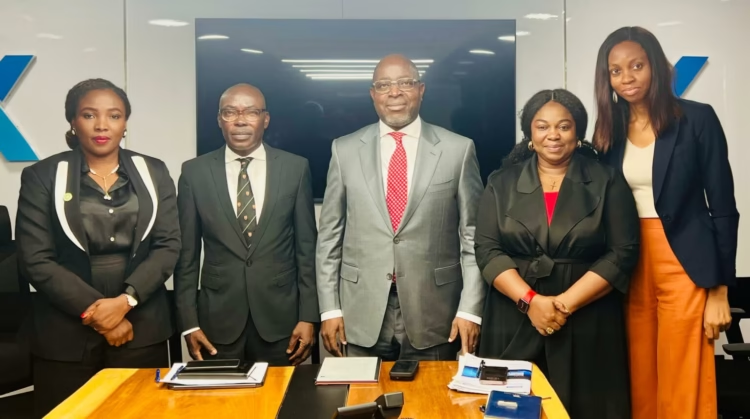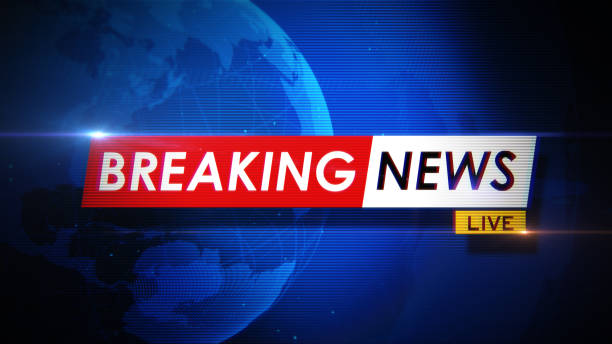Non-performing loans in Nigeria are rising due to high business costs, import pressures, and lack of working capital, says BRIPAN ahead of 2025 conference.
Non-performing loans in Nigeria are on the rise due to harsh economic realities, rising operational costs, and import competition, according to the Business Recovery and Insolvency Practitioners Association of Nigeria (BRIPAN).
Also read: Olayemi Cardoso cautions Nigerians against Naira abuse
Speaking at a media briefing ahead of its 2025 Annual Insolvency Law Conference, the First Vice President and Co-Chair of the Conference Planning Committee, Mr Albert Folorunsho, highlighted how structural challenges are pushing more borrowers into default.
“It is the state of the economy and competition from imports. The cost of doing business is mainly the river of NPLs,” Folorunsho stated on Friday. “Most times, when businesses take loans, they don’t have adequate working capital. They start servicing loans even before generating cash flow.”
Non-performing loans in Nigeria refer to credit facilities where borrowers fail to meet repayment obligations, typically overdue for 90 days or more
These loans remain a liability on bank balance sheets, and have increasingly drawn concern within the financial sector.
Folorunsho stressed that the high cost of business operations, lack of access to affordable capital, and import dependency are major triggers.
“When you lack working capital to run daily operations, but the asset loan repayment has already started, businesses quickly find themselves in trouble,” he said.
Recent data from the Central Bank of Nigeria supports these concerns.
While the industry NPL ratio is still within regulatory thresholds, there has been a steady uptick fuelled by inflation, forex shortages, currency volatility, and energy shocks.
These macroeconomic pressures have eroded business profitability, impairing debt repayment capacity.
Looking ahead to BRIPAN’s 2025 conference, scheduled for 25–26 September in Lagos, Folorunsho said the forum would explore alternative models to deal with NPLs, especially restructuring and business rescue.
“This year, we are focusing on how banks and stakeholders can move from insolvency to alternative dispute resolutions and business turnaround strategies, as provided in the CAMA 2020,” he said.
He added that sections 705 and 706 of the Companies and Allied Matters Act empower BRIPAN to regulate insolvency practitioners. “You must be registered with BRIPAN to operate as an insolvency practitioner. This conference will also address compliance and emerging trends in practice.”
With over 2,000 members and 80% expected in attendance, the conference will bring together legal experts, financial institutions, and regulatory authorities to tackle growing concerns around NPLs and investment risks.
“We know banks are required to make full provisions for their forbearance loans. It’s a major issue, and we must address it urgently,” he concluded.
Also read: Sokoto State suspends principals over exam fee abuse
As non-performing loans in Nigeria continue to climb, experts warn that without targeted interventions in lending practices and business sustainability, the burden on banks and borrowers will intensify.
Source: Read more at vanguardngr.com




























